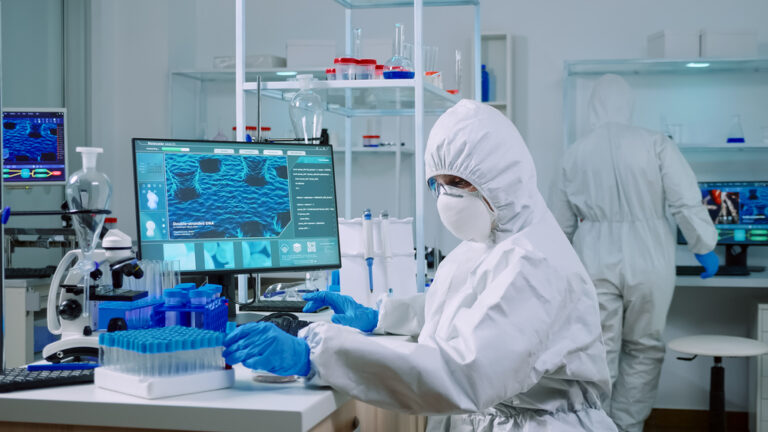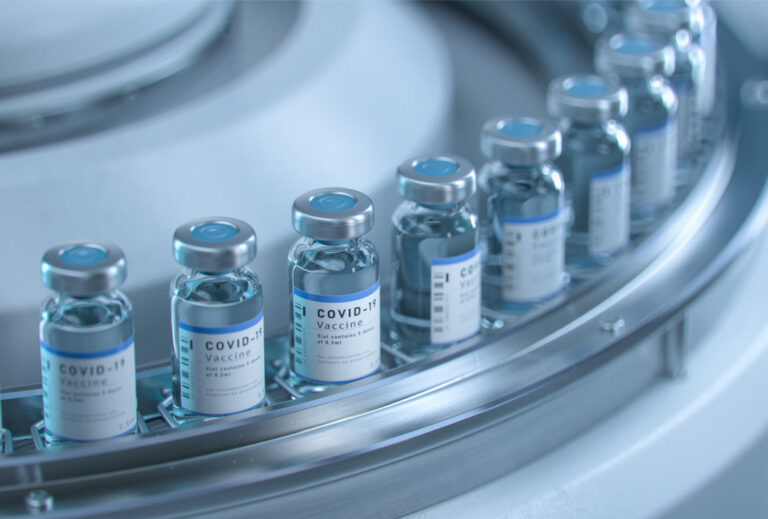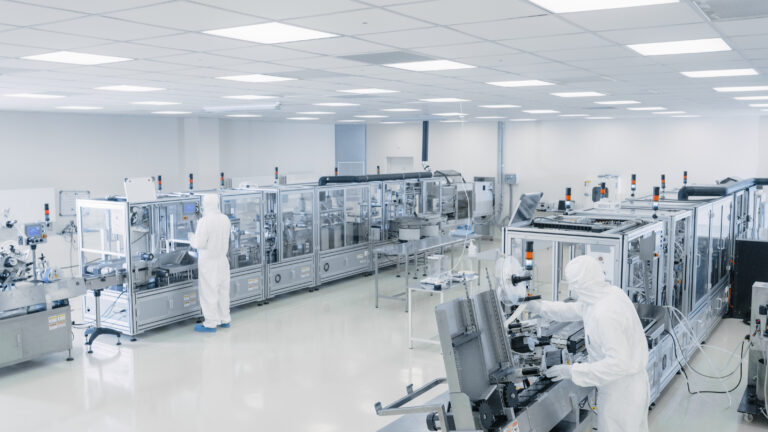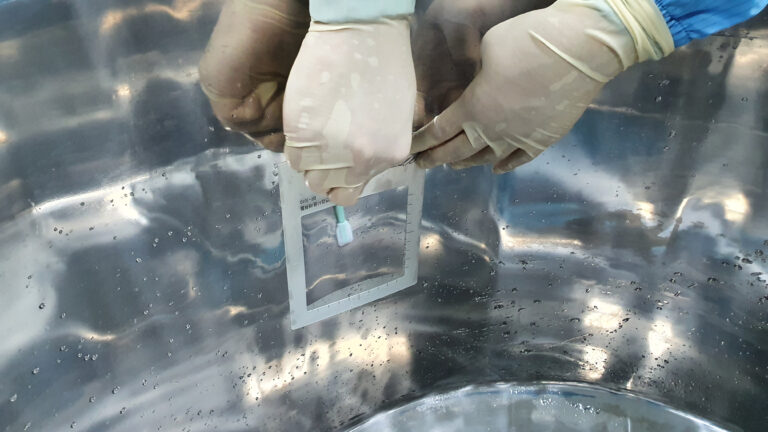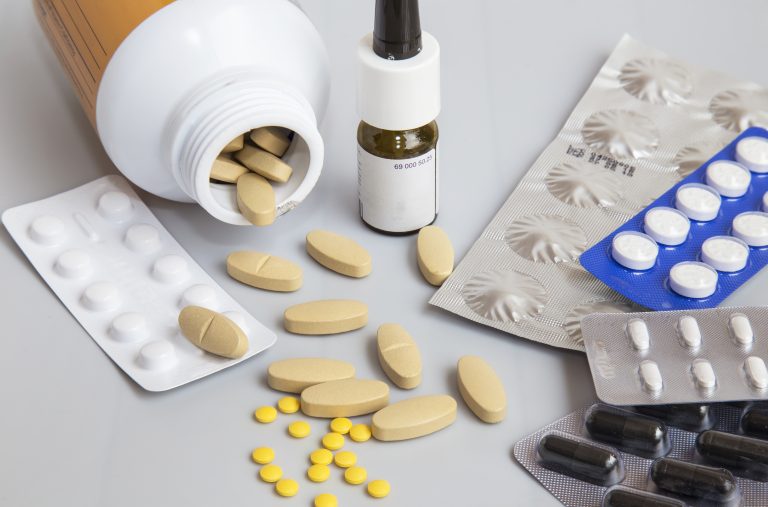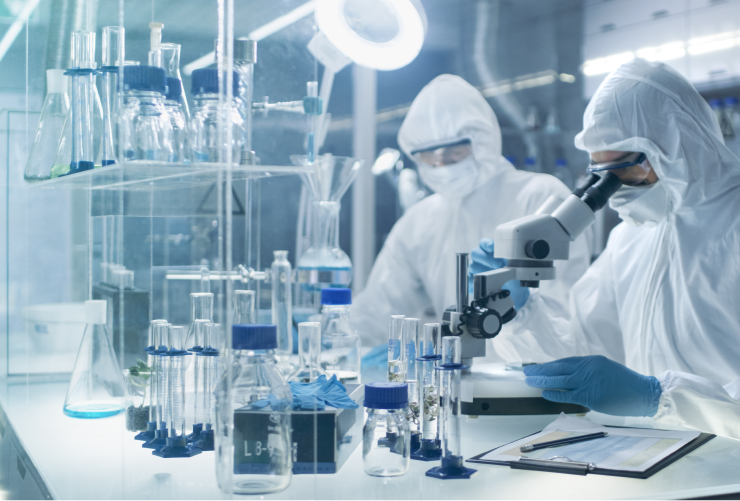Luis, Life Sciences Consultant.
A Qualified Person (QP) is responsible for assuring the safety, quality and efficacy of the medicinal product, over its lifetime. QP is responsible of certifying batches of medicinal products before their use in clinical trials or available on the market, ensuring the performance of them.
It is important that Qualified Person receive rigorous training. This one must prove the continuous training regarding the product type, production processes, technical advances and changes to Good Manufacturing Practices (GMP). QP also must have detailed knowledge of the steps for which they are taking responsibility.
This personnel need to know and to understand all the possible factors that can affect the safety and the quality of medicines and supply chains.
Council Directive 75/ 319/ EEC (Human) and 81/ 851/ EEC (Veterinary) originally defined certification and batch release of QP. Nowadays, Directive 2001/ 83/ EC (Human) and 2001/ 82/ EC (Veterinary), incorporate the certification respectively, as amended by subsequent Directives.
Following the Annex 16 : “Certification by a Qualified Person and Batch Release of Eudralex Volume 4 (EU Guidelines for Good Manufacturing Practice for Medicinal Products for Human and Veterinary Use), the process of batch release comprises of”:
- The checking of manufacture and testing of the batch in accordance with defined release procedures.
- The certification of the finished product batch performed by a QP signifying that the batch is in compliance with GMP and requirements of its Marketing Authorisation (MA). This represents the quality release of the batch.
- The transfer to saleable stock, and/ or export of the finished batch of product which should take into account the certification performed by the QP. If this transfer is performed at a site other than that were certification takes place, then the arrangement should be documented in a written agreement between the sites.
It is important to control the batch release. The control confirms and verifies that the batch has manufactured in accordance with the principles of GMP and with its MA requirements.
The QP is bound by law to certify in a document (presented in Appendix 1 and 2 of Annex 16) that the batch placed on the market has been manufactured and checked within the requirements of the MA and the national law duties. At the same time, any pharmaceutical imported from a third country must have undergone, within the European Union (EU), a full qualitative and quantitative analysis of at least all the active ingredients and all other tests necessary to confirm compliance with the MA.
Requirements that a Qualified Person must consider when certifying batches of pharmaceutical products:
- Compliance of the batch record with MA.
- Validation of manufacturing and analytical processes and procedures.
- Documentation and analysis of the investigation of any deviation or planned changes during manufacture.
- Adequate batch documentation endorsed by authorised staff.
- Consideration of various factors such as environmental monitoring (temperature, humidity, room pressure…), preventive and scheduled maintenance records, calibration certificates, internal that can affect directly or indirectly the quality and the safety of the batch.
- Internal and/ or External Audit Reports availability.
- Adherence to the GMP principles as stipulated in Directive 2003/ 94/ EC and other relevant regulations.
There is a need to consult other experts from other departments of the company to reinforce knowledge when required. For example, stability, unusual analytical results, process or equipment changes. As well as potential environmental or microbiological risks, re-labelling, abnormal yields, cross-contamination risks, new technologies.
Actually, there is a discussion at European level as to whether amendments to Annex 16 should allow QP’s greater discretion in dealing with one-off minor deviations from the details set out in the MA, provided that such deviations do not influence the quality, the safety or the efficacy of the product. Thus, the position to release the batch notwithstanding such deviation is based on principles of quality risk management.
It is necessary a cultural change in the pharmaceutical industry in order to implement a quality risk management politic. Simultaneously, the prevention of the penetration of counterfeit medicinal products in the EU is a big concern for a Qualified Person.
The amendments of Directive 2001/83/EC which introduces new requirements for secondary packaging, make it possible to verify the identification, authenticity and traceability of medicinal products subject to medical prescription. The importance and the responsibility of QP in this field are to confirm the presence of these features as a new legal duty. Which will certainly require the professional responsibility of QP to update their knowledge in this field, in order to guarantee the quality, safety and efficacy of a medicinal product?
Read more posts of Life Sciences here




